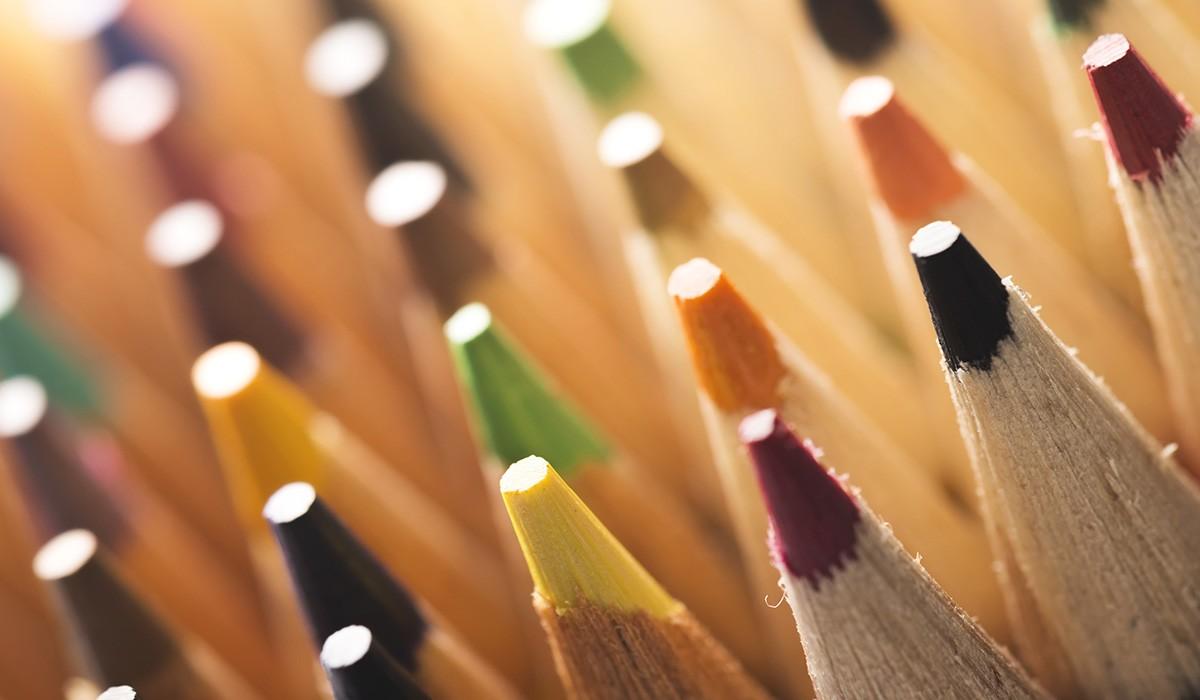

Testron Group
May 22nd, 2024
Complete Guide: The Importance of Pipe Testing to Protect Against Leaks and Failures
Pipe testing will identify any leaks and failures in the pipe, which, if left unchecked, could cause catastrophes with environmental damage and financial losses. Robust procedures for testing pipes sustain the requirements laid down by regulators while boosting the public's confidence in the infrastructure. Efficient and precise testing is only possible if the best pipe testing equipment supplier company is associated with it.
Advanced technologies and their knowledge in the domain help with more thorough evaluations for any business to maintain a healthy and safe pipeline system and hence reduce the risks involved. Pipe testing methods are an inseparable part of quality control during the construction of engineering products. These systematic assessments identify potential problems in the pipework, which can span from leakage to structural weaknesses.
The Vital Importance of Pipe Testing in Safeguarding Infrastructure
Pipes comprise the veins of many industries, through which vital resources such as water, gas, and oil have to travel over large areas. This has to be done while keeping in mind public safety, environmental preservation, and economic stability. The following are the key points about pipe testing:
Operational Efficiency and Cost Savings
It needs to be established that pipe testing should work for better safety and reliability while also achieving operational efficiency and savings in costs for the operators of pipelines. This has allowed operators to find defects during the testing phase and correct them. As a result, the unscheduled downtimes, emergency repairs, and the corresponding productivity losses have been significantly reduced. Moreover, according to testing, proactive maintenance enables operators managing assets to reduce operational expenses over the asset's life.
Asset Reliability and Longevity
Pipelines are long-life infrastructure investments, and proactive maintenance and testing strategies are quite vital in deriving maximum return on investment and operational life from the pipelines. Regular inspection and testing would, therefore, identify corrosion, erosion, fatigue, and all other modes of degradation potentially threatening the integrity of the pipeline structure with time. Issues are to be promptly dealt with by repair, rehabilitation, or replacement to extend the service life of the pipelines.
Compliance of Regulations
It is noted that the setting of the pipelines follows some rigorous standards and regulations in terms of design, construction, and operation enforced by the government and its regulatory authorities. Generally, pipe testing procedures exist mainly due to established and strict regulations protecting public health, integrity and well-being. Failure to comply with the stipulated requirements exposes operators to legal liabilities and financial penalties and the well-being of communities and ecosystems.
Safety Assurance
Pipe testing is one of the basic ways to ensure safety concerning pipe systems and communities that use them. Tests such as hydrostatic or pneumatic, which are run during testing procedures, majorly look at indicating any forms of weakness leakage or defects in the structure of the piping system. Early detection of potential hazards through tests will prevent catastrophic incidents such as explosions or environmental pollution. Prioritizing safety via complete checking out protocols mitigates risks and complements public self-assurance in the reliability of infrastructure networks.
Choosing the Right Pipe Testing Equipment Supplier
It is paramount to ensure that the selected equipment supplier can fully guarantee the quality, accuracy, and reliability of its testing processes. By carefully judging these points, you can make the most effective choice in a supplier of pipe testing equipment according to your needs. Here are the key points to consider when selecting a supplier:
Cost-Efficacy and Value Proposition
Value is much more important than price. Look for the general cost-effectiveness of the supplier's solutions, including the quality and lifetime of the products, reliability, and level of support. A slightly higher initial investment in good, quality equipment may translate to more significant savings over the long haul. Moreover, with reduced downtime and maintenance costs and better testing operation efficiency.
Product Range and Quality Assurance
The first important feature to check in the potential supplier is an extensive range of equipment for pipe testing, from pressure, leak detection, and flow measurement to other tool categories. Check how qualified their products are based on certificates. This will make sure that proper standards of quality management are adhered to. Ask for the materials and processes used for the assurance of long, durable life and accurate testing results.
Technical Support and Training
Proper operation of pipe testing equipment is highly technical. Look for a manufacturer who provides full technical support by offering installation guidelines, troubleshooting help, and maintenance checks. Ask if the manufacturer offers training sessions so your staff will fully understand how to run the equipment properly and safely. They are crucial for protecting pipeline systems, reliability, and efficiency.
Reputation and Track Record
It could be quality if you searched for testimonials, reviews, and case studies of preceding customers. Do your due diligence on the provider's recognition within the enterprise. A supplier who has proven reliability, customer satisfaction, and meets deadlines gives you an assurance of quality products and service delivery. Consider reaching out to industry peers or consulting online forums to gather unbiased insights into the supplier's performance.
Innovation and Future-Proofing
Pipe testing is an industry that is always in transition because of new technologies and regulations. Select a supplier who is innovative and future-oriented. Ask about his research and development activity and their ability to adopt newly emerging technologies in his products. A forward-thinking supplier will not only provide leading solutions but also ensure that your equipment remains relevant and compliant with the standards and regulations of the future.
Final Words
To sum up, the importance of testing pipes is unarguable, as it prevents leaks and failures and ensures pipeline integrity and longevity. With strict protocols for testing, one can easily identify and remedy the defects at their tender stage, thus preventing costly damages and environmental hazards. Therefore, the need to collaborate with a reputable pipe testing instruments company lies in offering the best technologies and high-end expertise in rationalizing processes toward overall improvement in pipeline safety and efficiency. Moreover, special pipe inspection tests are conducted on the material when used in aggressive environments to ensure it will withstand such aggressive environments.
